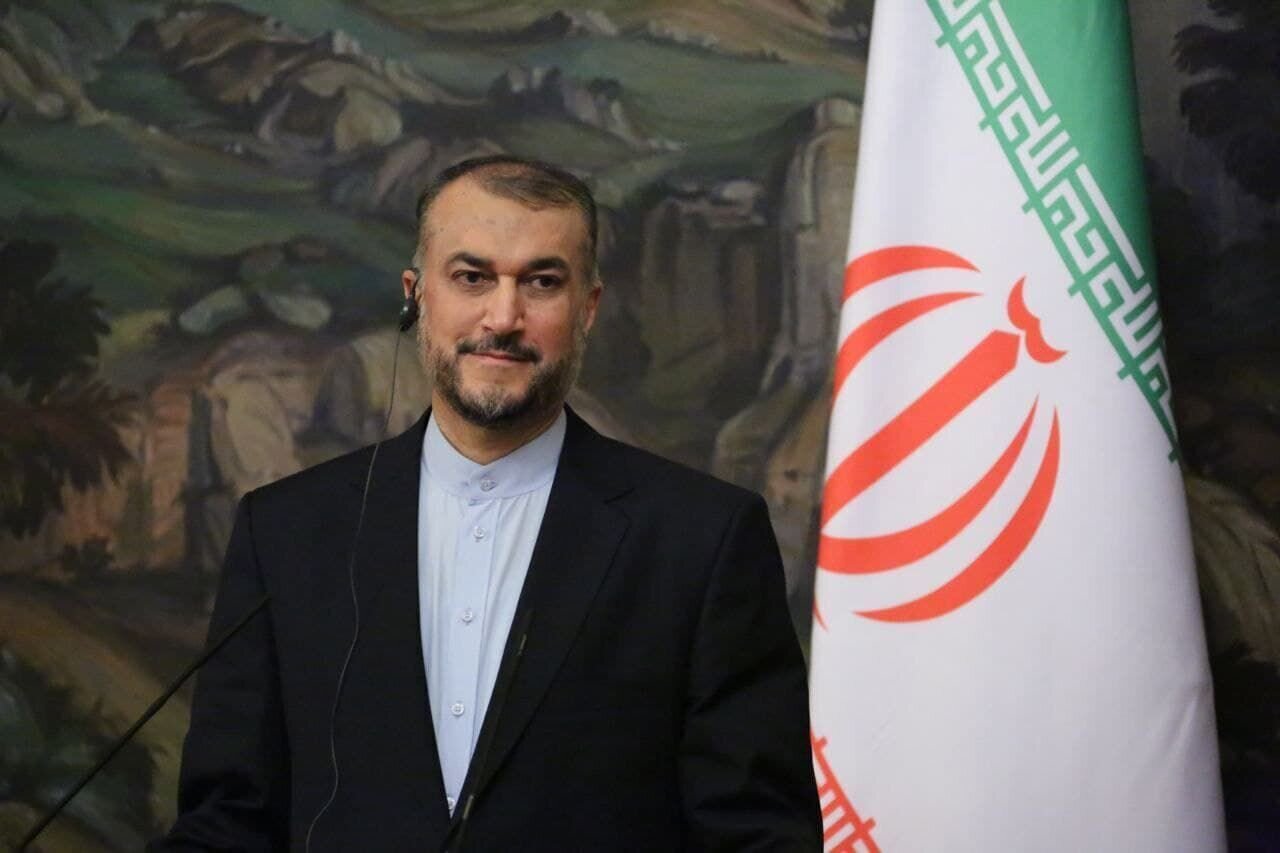Revolutionary diplomat

TEHRAN - The world of diplomacy lost a shining star on that fateful day when Hossein Amir Abdollahian, the foreign minister, tragically perished in a helicopter crash in northwest Iran.
Throughout his career, Amir Abdollahian dedicated his life to active engagement in international affairs, accumulating valuable experiences and insights into Iran's capabilities, the evolving dynamics of the international system, and regional conditions.
Known for his exceptional diplomatic skills, he had a deep understanding of regional developments and was recognized for his ethical conduct, humility, and tireless dedication.
One of the remarkable aspects of Amir Abdollahian's diplomatic career was his warm and close relationships with leaders and supporters of the resistance front both inside and outside Iran. His mutual trust with key figures in the region and beyond underscored his competence as a diplomat.
Amir Abdollahian's active approach toward the ongoing Israeli atrocities and massacre in Gaza highlighted his commitment to supporting the oppressed. He became a voice for the innocent children in Gaza, whose plight often goes unnoticed by the Western world.
Following Iran's missile and drone strikes against Israel, codenamed "True Promise," a prominent European foreign minister contacted Amir Abdollahian expressing distress over the attacks and their impact on his sleep. In response, Amir Abdollahian pointed out that the defenseless people in Gaza have been under relentless bombardment for six months, resulting in the deaths of thousands of women and children, and questioned why such crimes had not disturbed his sleep.
Described by the Leader of the Islamic Revolution Ayatollah Khamenei as an active and dedicated diplomat, Amir Abdollahian's legacy as a diplomat will undoubtedly shine brightly in the annals of Iranian diplomacy.
While some attempt to create a false dichotomy between battleground and diplomacy, portraying them as conflicting issues, Amir Abdollahian's tenure as foreign minister exemplified the symbiotic relationship between the two. He demonstrated that battleground without diplomacy is largely futile and that diplomacy without the backing of battleground power is ineffectual.
Amir Abdollahian exemplified what it means to be a revolutionary diplomat, bridging the gap between theory and practice with unwavering commitment. His name will undoubtedly be etched in the annals of Iranian diplomacy as a beacon of integrity, dedication, and unwavering commitment to advancing Iran's interests on the global stage.
In conclusion, martyr Hossein Amir Abdollahian's legacy as a revolutionary diplomat will serve as an inspiration for future generations of diplomats. His unwavering dedication to justice and defending the oppressed will continue to resonate in corridors of diplomacy, reminding us of the importance of upholding ethical principles and working tirelessly for a more just and peaceful world. May his memory be honored and his legacy cherished for years to come.
